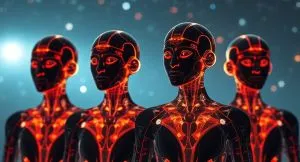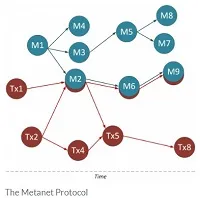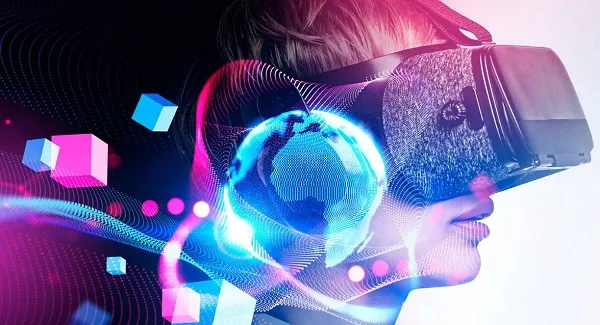
Science fiction author Neal Stephenson coined the term "Metaverse" in his 1992 novel "Snow Crash." Various companies and innovators in the fields of virtual reality, augmented reality, and online gaming have developed and realized the Metaverse as a technology and digital phenomenon over the years since Stephenson's novel introduced the idea. Second Life and other similar virtual environments first appeared in the 1990s, allowing users to create avatars, interact with one another, and construct virtual settings. Even though it wasn't the complete Metaverse, it set the stage. Millions of players were exposed to virtual worlds thanks to online games like World of Warcraft and EverQuest, which helped popularize the concept of linked virtual environments. The advent of cutting-edge AR and VR systems in the 2010s sparked a resurgence of fascination with the idea of a metaverse. Facebook's purchase of Oculus Rift (now known as Meta Platforms, Inc.) was a major factor in spreading VR's appeal to the general public. In order to facilitate the ownership and trade of digital assets within virtual worlds, blockchain technology and non-fungible tokens (NFTs) have begun to be integrated into these environments. Decentraland, The Sandbox, and Fortnite are just a few examples of the many projects and startups that have begun creating virtual worlds with Metaverse-like capabilities. Virtual environments, social VR, digital economies, and immersive experiences are all areas where the tech and gaming industries are making significant investments.
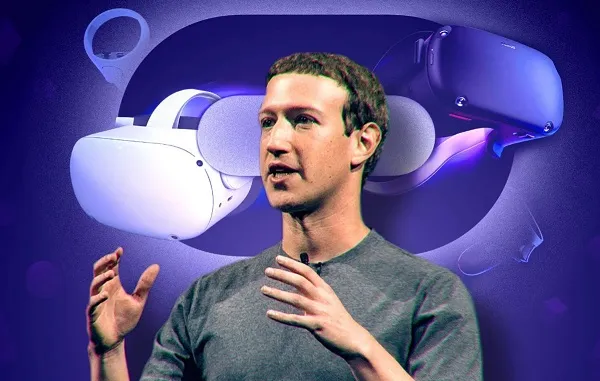
In order to emphasize its dedication to building the Metaverse, Facebook revealed in October 2021 that it would be changing its name to Meta Platforms, Inc. Mark Zuckerberg proposed the Metaverse as the internet's next iteration, with a focus on communication, productivity, and leisure. Meta, an abbreviation for "metaverse," may be the most significant development in that field since science fiction. However, Zuckerberg and his team are far from being the only tech visionaries with thoughts on how virtual reality and other technologies should come together to form the metaverse. People who have given this a lot of thought worry about a future where a social media behemoth has access to even more of their private information and is blamed for the spread of harmful misinformation and other forms of online harm that have real-world consequences. You can think of it as a 3D version of the internet. According to Zuckerberg, it is a "virtual environment" that users can actually enter and explore. Virtual reality headsets, augmented reality glasses, smartphone apps, and other devices have created a world where people can meet, work, and play in an infinite number of interconnected virtual communities.
How Metaverse Change Future?
- Expanding Virtual Worlds
- Interconnected Ecosystems
- Digital Economies
- Cross-Platform Accessibility
- Social Interaction
- Immersive Entertainment
- Remote Work and Collaboration
- Education and Training
- Healthcare and Wellbeing
- Privacy and Security
- Regulation and Governance
- Ethical Considerations
- Environmental Impact
- Innovation and Competition
- Cultural and Social Impact
There will be a growing variety of virtual worlds and environments available in the Metaverse, from places to meet new people and have fun to places to learn and conduct business. Users will be able to more easily navigate between various virtual worlds and platforms as they become increasingly interconnected. The sharing of resources, information, and experiences across the Metaverse will be facilitated by this interoperability. Strong digital economies, backed by blockchain tech and NFTs, will develop in the Metaverse. New economic models and opportunities will arise as a result of users' ability to acquire, trade, and monetize digital assets. The Metaverse will be more accessible and usable by the general public because it will be compatible with a wide range of devices. Users will be able to interact with one another in simulated environments that closely resemble the real world, making socializing, collaborating, and communicating in the Metaverse a top priority. The Metaverse's interactive and immersive experiences will revolutionize the entertainment industry by erasing boundaries between the screen, the stage, and real life. The Metaverse will change the way we think about remote work by providing virtual workplaces and meeting rooms that can be accessed from anywhere. The Metaverse will be used by schools and businesses to create interactive and immersive environments for instruction and education.
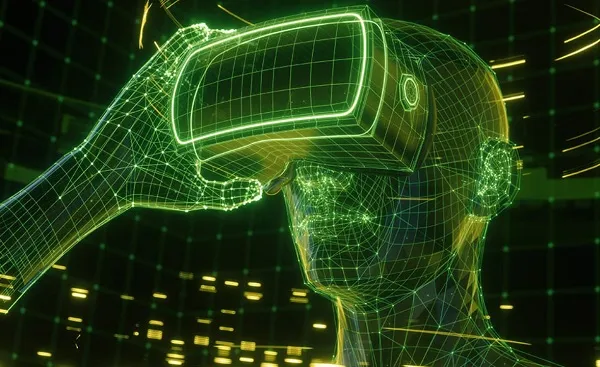
Potential medical uses for the Metaverse include online counseling, exercise routines, and other preventative health services. It will be crucial to address issues of confidentiality and safety. Strong safeguards for users' information, identities, and digital property will be required in the Metaverse. Metaverse guidelines and regulations addressing taxation, intellectual property, and digital rights will need to be established by governments and regulatory bodies. It will be important to give serious thought to ethical concerns like digital addiction, surveillance, and the effect of immersive experiences on psychological well-being. Metaverse infrastructure, particularly virtual reality (VR) data centers, may have an issue with their energy consumption. In the future, eco-friendly methods will be crucial. The development of the Metaverse will be influenced by the ongoing innovation and competition among technology companies, startups, and creators. Societies' views on digital identity, relationships, and shared experiences will be shaped by the Metaverse, which will have far-reaching cultural and social consequences.
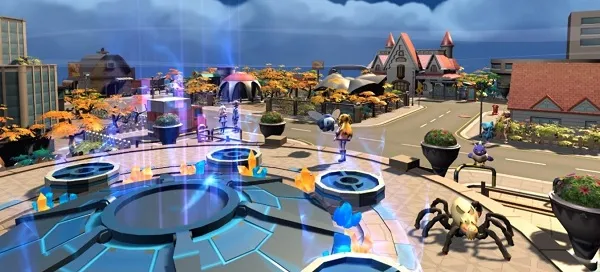
The Metaverse is an expansive idea that includes many different kinds of linked digital environments. There are many different kinds of virtual worlds and environments in the Metaverse. Each universe can have its own story, goals, and regulations. Individuals, groups, or platforms create and manage these online communities. The Metaverse is accessed by its users via various technological mediums. Avatars are the digital representations of users within the Metaverse. In the online world, they are represented by these avatars. The concept of interdependence is central to the Metaverse. It's easy for players to hop from one virtual setting to another. Because of this connectivity, users can enjoy a seamless and all-encompassing digital environment. Users are able to create, trade, and sell their own digital assets within the Metaverse. Virtual properties, avatar wardrobes and accessories, virtual goods, and other digital possessions are all examples of virtual assets. Non-fungible tokens (NFTs) on blockchain networks guarantee digital ownership and scarcity for many of these assets. The blockchain facilitates digital ownership and secure transactions, two crucial components of the Metaverse. NFTs are tradable digital tokens that are both unique and verifiable that are used to represent ownership of digital assets in the Metaverse. Depending on the system, the Metaverse could have its own set of norms and authorities. User conduct, property rights, and conflict resolution are all possible topics for such guidelines. There is also the possibility of government regulation of Metaverse activities. Economically, the Metaverse can support a wide range of uses, from online shopping and advertising to online gaming and virtual events to distance learning and telecommuting. In the Metaverse, users have the option of working for either real or fictitious pay.
The Metaverse is a vision of the future in which digital experiences permeate every aspect of human existence. Its future form will be determined by changes in technology, user habits, regulatory structures, and societal norms. How these factors converge and interact in the future will determine the full scope of its effects on our culture and the ways in which we work, play, and live. In the Metaverse, users can do all of these things thanks to the vastness and interconnectedness of the digital world. Every sector of the tech industry contributes to the ever-evolving idea of the Metaverse.

